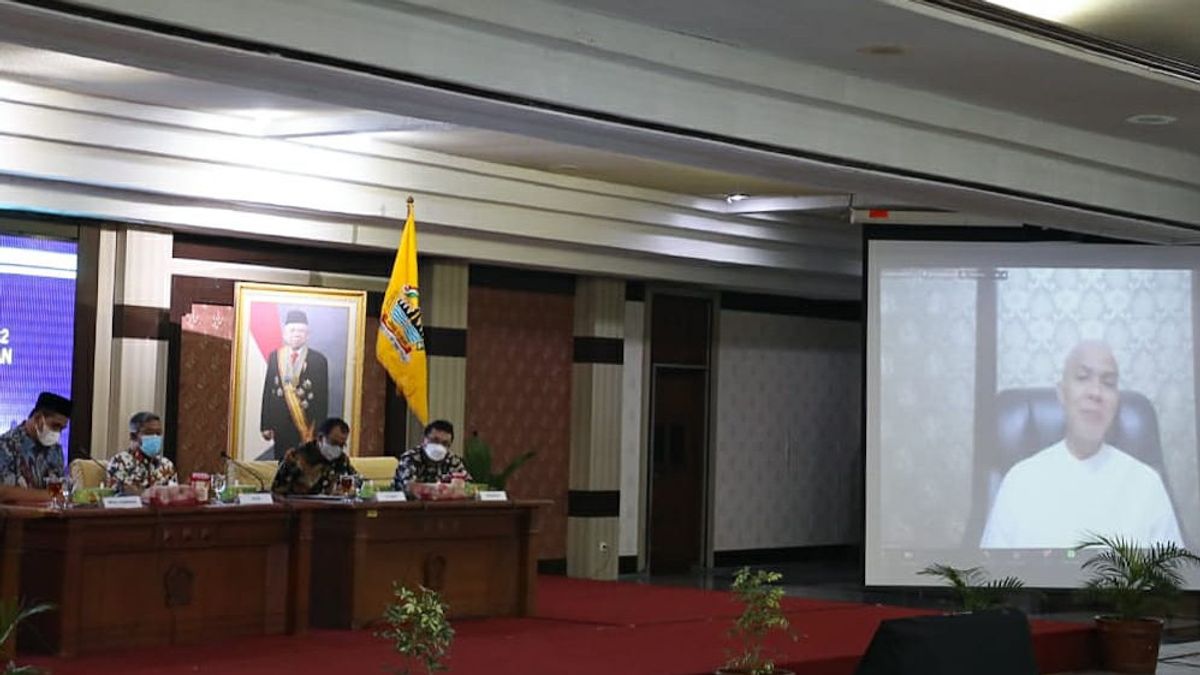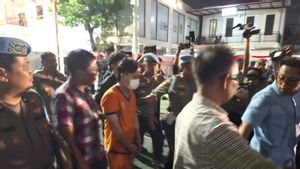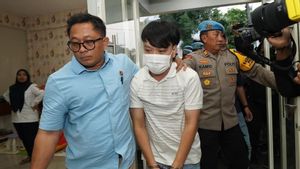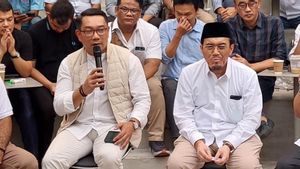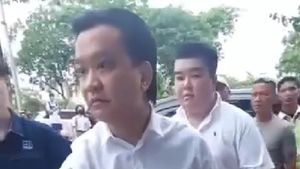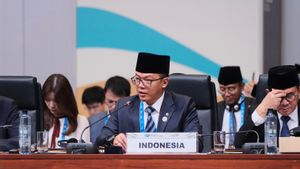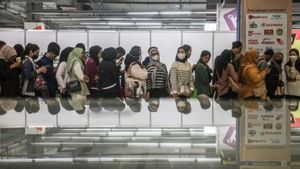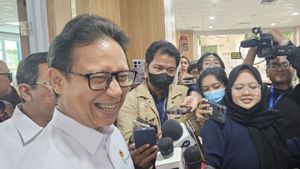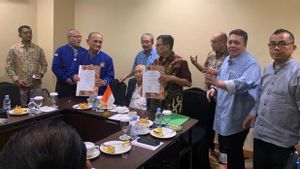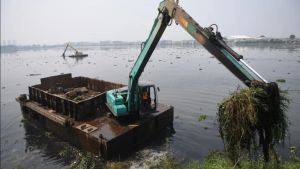JAKARTA - Poverty alleviation continues to be a priority for the Central Java Provincial Government. Governor Ganjar Pranowo hopes that the Maju Bareng Program can be fully replicated in city districts.
This was conveyed by Ganjar when giving a briefing at the 2022 Assisted Village Evaluation and Coordination Meeting, online, Friday, March 4 yesterday. The Maju Together Program referred to by Ganjar is One OPD One Assisted Village.
"In terms of strength from our service, I think it's just a matter of going on. In my opinion, we can do replications as an example," said Ganjar in his statement.
It would be best if the local government had a clearer map of which areas were categorized as red, yellow and green. So that the target of shifting the village from red to yellow, then yellow to green, will be quickly achieved.
"Everyone involved will definitely make a good story. The map can be included in the map of which villages are poor, this is the target that is taken, the program is placed and accompanied until there are results. This is our big homework because we have to work together," he said.
Ganjar said that the poverty alleviation model in Central Java was then integrated into areas that were prioritized by the central government regarding the Reduction of Extreme Poverty (PKE).
"Our treatment is the most different in all of Indonesia, because we are not only given a top up of Rp. 300,000, but then there is a mutual cooperation movement, we can give them a very good spirit," said Ganjar.
From this movement, Ganjar said that many wanted to participate and help. One of them was from the Army Strategic Reserve Command (Kostrad) who contacted Ganjar directly, and wanted to help clean water.
“This is something that makes us very happy and several companies, even though they are not yet optimal, let's take responsibility for their CSR and we mobilize them to become one. I think that will be something that can be very effective for us to move," said Ganjar.
A total of 172 villages in Central Java have received assistance since 2019. At least 48 OPDs have been involved. Assistance is provided through various programs. Starting from empowerment, RTLH, latrines and others.
“Once again I thank you, the enthusiasm of friends is extraordinary, creativity is extraordinary, and the results are starting to show. Believe that a good process will not fail, the results will be good. But we need to be strong and serious to do that,” said Ganjar.
While the results of the evaluation of the achievements of the 114 Assisted Villages in 2019-2020 by comparing the UDB/DTKS data for January and October 2020, the results were obtained, in total there was a decrease in the number of Poor Household Members (ART) from 404,885 ART to 400,624 ART or a decrease of 4,261 the poor.
The English, Chinese, Japanese, Arabic, and French versions are automatically generated by the AI. So there may still be inaccuracies in translating, please always see Indonesian as our main language. (system supported by DigitalSiber.id)
